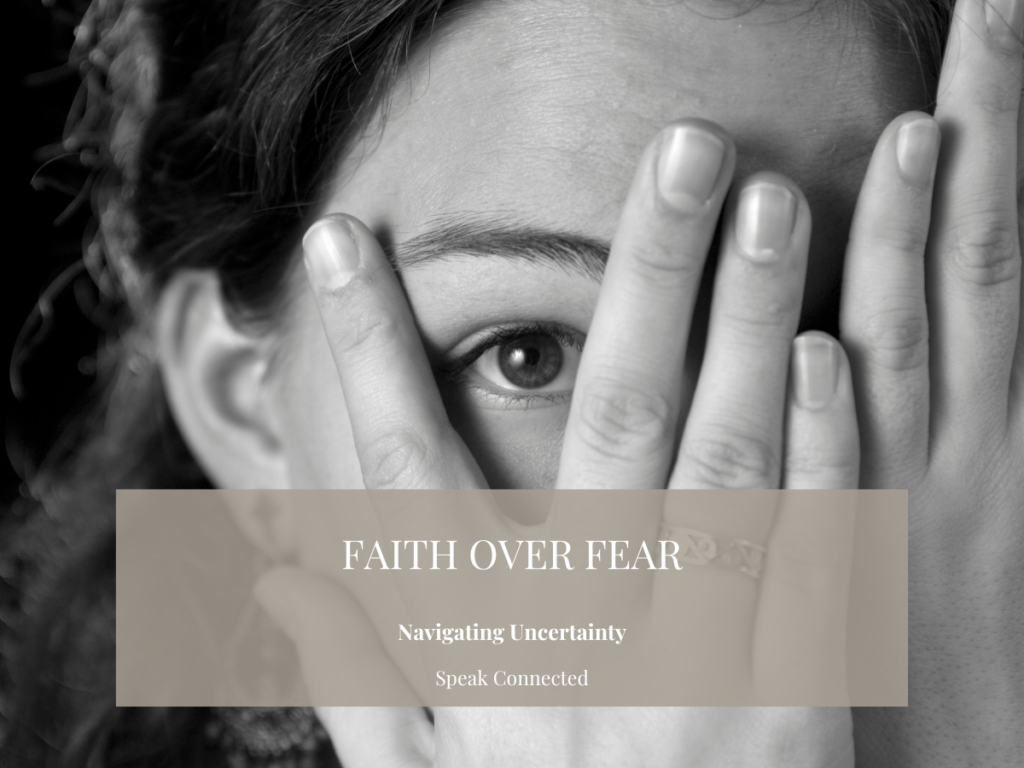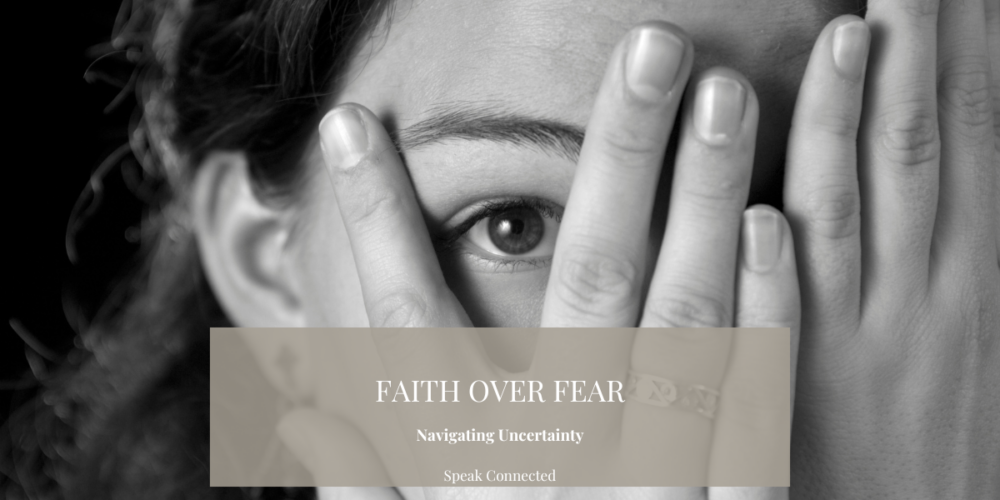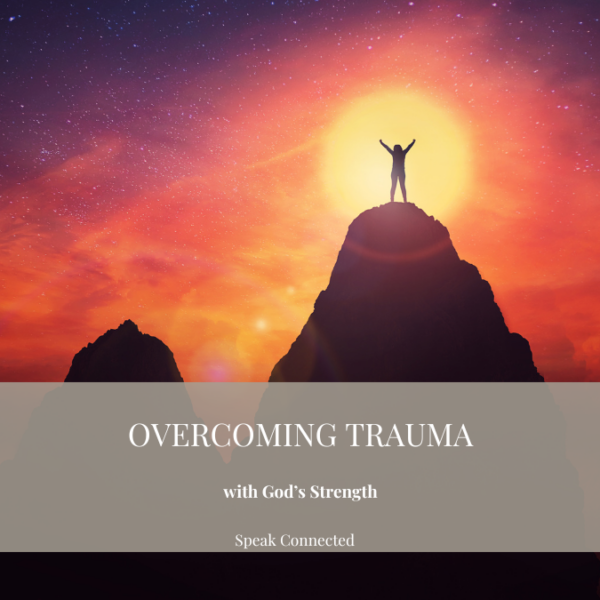Introduction

Uncertainty has a way of shaking even the strongest foundations. It creeps into our plans, decisions, and everyday lives, often accompanied by fear. Whether it’s fear of the unknown, worry over the future, or anxiety about circumstances beyond our control, the struggle is deeply human and universally felt. This is why embracing faith over fear can be a powerful approach to navigate through these challenges.
But as believers, we’re called to live differently. Faith provides a unique lens through which we can view these challenges. It doesn’t promise the removal of uncertainty but offers a steadfast anchor amid life’s storms. This post will explore how faith over fear can reshape the way we approach uncertainty, supported by biblical guidance, practical strategies, and heartfelt testimonies.
If you’ve been searching for an answer, a lifeline, or even just a flicker of hope, this is for you.
Understanding Fear and Uncertainty
Fear and uncertainty are part of the human experience. They arise when we face situations we cannot control or predict, and they often manifest in various ways—sleepless nights, racing thoughts, avoidance of decisions, or even physical symptoms like a pounding heart.
For believers, fear can appear as doubt in God’s plan, anxiety over provision or protection, or a struggle to trust His timing. It’s important to recognize that these struggles don’t make us less faithful—they make us human.
Yet, scripture reminds us not to remain paralyzed by fear. “For God has not given us a spirit of fear, but of power and of love and of a sound mind” (2 Timothy 1:7). By understanding fear and its impact, we lay the groundwork for overcoming it through faith.
The Power of Faith Over Fear
Faith is more than just an abstract concept; it’s an active trust in God’s promises, even when we can’t see the full picture. Hebrews 11 defines faith as “the substance of things hoped for, the evidence of things not seen.”
Throughout history, faith has empowered individuals to rise above extraordinary challenges. Think of Martin Luther King Jr., whose faith fueled his fight for civil rights amid immense opposition. Or Corrie ten Boom, whose trust in God’s plan inspired her to forgive those who wronged her in the dire circumstances of Nazi Germany.
On a personal level, faith transforms fear into hope. It shifts our focus from what we cannot control to who holds control—our Creator. This trust doesn’t eliminate uncertainty, but it equips us to face it with courage and assurance.
Biblical Insights on Fear and Faith
The Bible is rich with verses and stories that illuminate how to overcome fear with faith. Here are a few key examples:
1. “Fear not” is a command, not a suggestion.
The phrase “Do not fear” appears over 300 times in the Bible. Isaiah 41:10 states, “Fear not, for I am with you; be not dismayed, for I am your God. I will strengthen you, Yes, I will help you, I will uphold you with My righteous right hand.” God’s presence and promises are a constant reassurance.
2. Lessons from David’s faith in Goliath’s shadow
David, facing the giant Goliath, refused to be consumed by fear. Instead of focusing on Goliath’s size, he focused on God’s power, declaring, “The battle is the Lord’s” (1 Samuel 17). David’s faith reminds us to trust God, no matter how daunting the obstacle.
3. Jesus calms the storm
Mark 4 tells the story of Jesus calming the storm while His disciples were panicking. His words, “Peace, be still” (Mark 4:39), invite us to trust in His power over every tempest in our lives.
These scriptures don’t just provide comfort; they equip us with a roadmap for navigating uncertainty, reminding us that God’s strength is a constant refuge.
Practical Steps for Navigating Uncertainty with Faith
Faith isn’t passive—it calls for action, even in uncertainty. Here are some practical steps to help you lean into faith over fear:
1. Start with prayer and meditation
Prayer anchors your heart in God’s presence. Philippians 4:6-7 encourages us to bring our worries to God in prayer, promising His peace will guard our hearts and minds. Meditation on scripture adds depth to this practice, allowing His Word to settle into your spirit.
2. Surround yourself with community
Lean on fellow believers who can encourage and uplift you. Share your fears with trusted friends, join a faith-based group, or attend community worship. “Iron sharpens iron, and one man sharpens another” (Proverbs 27:17).
3. Practice gratitude
Gratitude shifts your perspective from what’s uncertain to what’s assured. Make a habit of journaling blessings, no matter how small, as a daily reminder of God’s goodness.
4. Lean on God’s promises
Declare His promises over your life. Affirmations like “God is my refuge and strength” (Psalm 46) and “He will never leave me or forsake me” (Deuteronomy 31) remind you of His unwavering commitment to your well-being.
5. Take small, steady steps
Faith doesn’t require giant leaps; it asks for steadfast obedience. Break your fears down into small, manageable actions and trust God to guide each step.
Testimonials and Real-life Examples of Faith Over Fear
Sarah’s Story
When Sarah’s husband lost his job, fear threatened to consume her. But instead of spiraling into despair, she turned to faith. Through prayer, she felt God’s peace and provision. Today, her husband has a new job, and Sarah credits those uncertain months for deepening her trust in God.
John’s Journey
John, a small business owner, faced financial uncertainty during the pandemic. Joining a faith-based business community gave him the courage to persevere, grounded in the belief that God was his ultimate provider. His business is now thriving, and his faith remains his strongest asset.
Stories like these remind us that faith is not abstract; it’s life-changing.
Moving Forward with Faith
Fear and uncertainty are inevitable. But as believers, we have the choice to confront them with faith rather than succumbing to anxiety. Through scripture, community, and trust in God’s promises, we can transform these challenges into opportunities for spiritual growth.
Remember, faith doesn’t erase fear—it shines a light through it. When you focus on that light, you’ll find the strength to take the next step, even when the path is unclear.
Are you ready to choose faith over fear? Share this post with someone who might need it or reflect on the steps above to deepen your connection with God’s unwavering presence.






